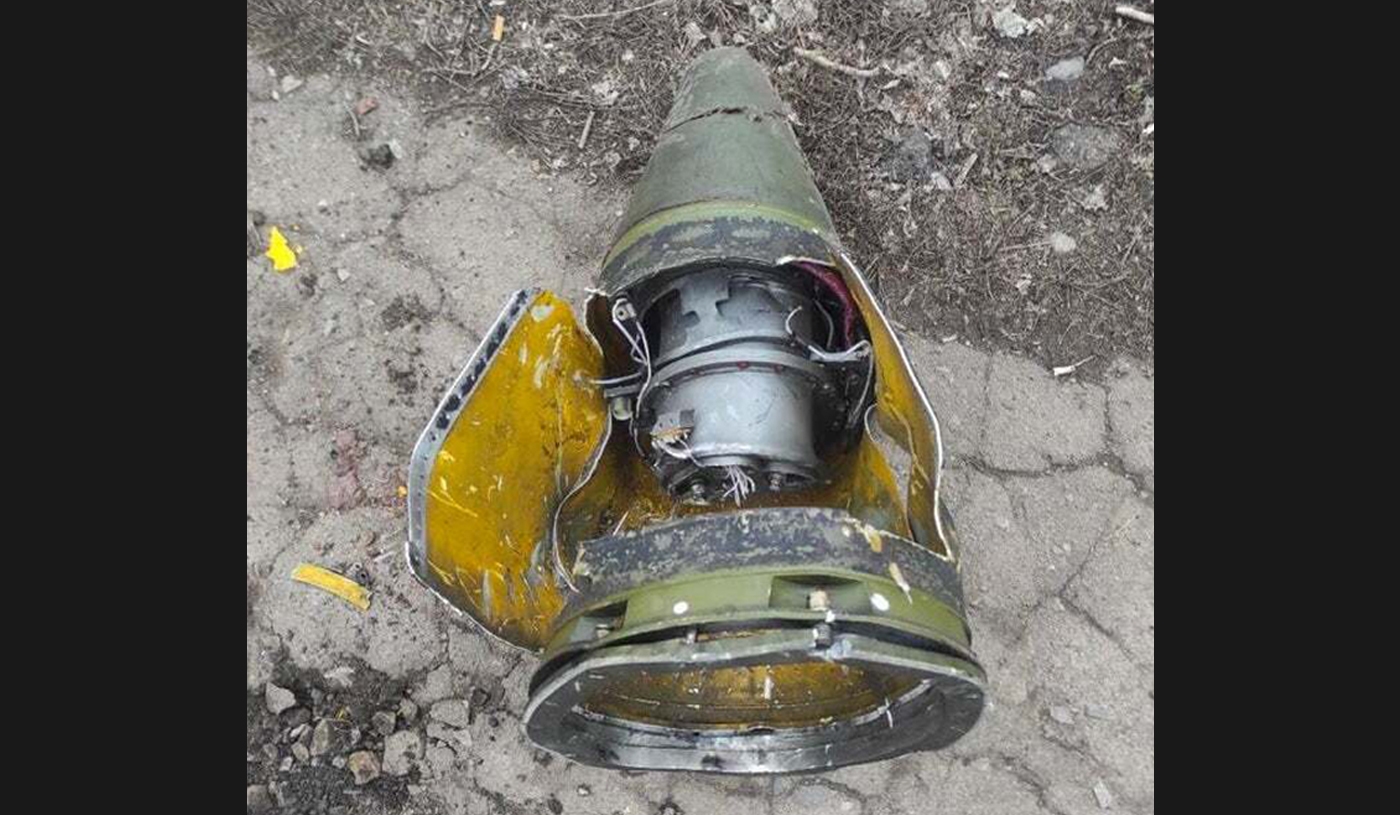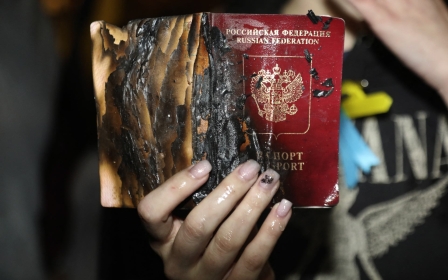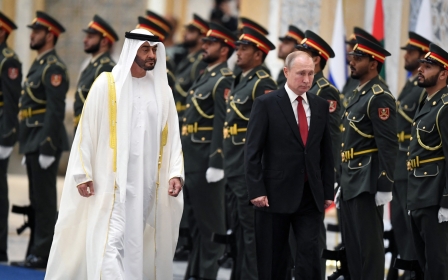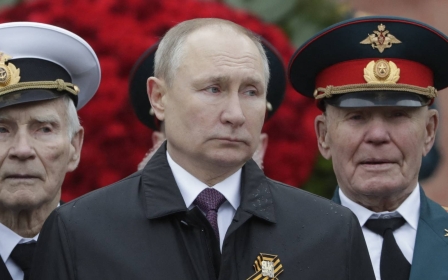Russia-Ukraine war: Moscow 'using same banned cluster munitions as in Syria'

Russia used the same type of banned cluster munitions in Ukraine that it used in Syria's Idlib two years ago, a report by Human Rights Watch (HRW) has found.
On Monday, the New York-based group said that a Russian ballistic missile carrying cluster munitions landed outside a hospital in the Donetsk region, killing four civilians and wounding 10 others, including six healthcare workers. It was an 9M79-series Tochka ballistic missile with a 9N123 cluster munition warhead, HRW said.
The munitions are banned under the 2008 international treaty, which neither Russia nor Ukraine has signed.
HRW said the 110 states that have joined the treaty should condemn the attack and the use of such weapons.
'Russian forces should stop using cluster munitions and end unlawful attacks with weapons that indiscriminately kill and maim'
- Steve Goose, HRW arms director
"This callous attack has killed and injured civilians, and damaged a hospital," said Steve Goose, HRW's arms director. "Russian forces should stop using cluster munitions and end unlawful attacks with weapons that indiscriminately kill and maim."
New MEE newsletter: Jerusalem Dispatch
Sign up to get the latest insights and analysis on Israel-Palestine, alongside Turkey Unpacked and other MEE newsletters
The incident reportedly happened on 24 February, shortly after Russia's President Vladimir Putin ordered his troops to invade Ukraine.
Cluster munitions are known for their indiscriminate damage and high fatality rates in civilian areas. The type used in Ukraine and Syria explode mid-air, spreading dozens of small bomblets over an area the size of a football pitch, according to HRW. In case of explosion failure, hundreds of bomblets end up in the ground, acting like a minefield.
Natalia Sosyura, the chief doctor of the Central City Hospital in Vuhledar, a town in the eastern Ukrainian region of Donetsk, told HRW: "I was on the first floor of our two-storey building. I heard a loud explosion outside, we ran into the hallway. Luckily, we didn't have many patients. It was around 10:30 in the morning. We all fell to the floor."
HRW said it had documented using the same type of cluster munition in an attack by Russian and Syrian forces on Sarmin, Idlib governorate, in January 2020.
"All states party to the 2008 Convention on Cluster Munitions should unequivocally condemn this attack and any other use of his horrid weapon," Goose said. "The risks to civilians are intolerably high."
Last week, HRW chief Kenneth Roth cautioned that Russia's "war crimes strategy" in Syria could be repeated in Ukraine, following Moscow's recognition of two self-proclaimed republics, Luhansk and Donetsk.
Middle East Eye delivers independent and unrivalled coverage and analysis of the Middle East, North Africa and beyond. To learn more about republishing this content and the associated fees, please fill out this form. More about MEE can be found here.




